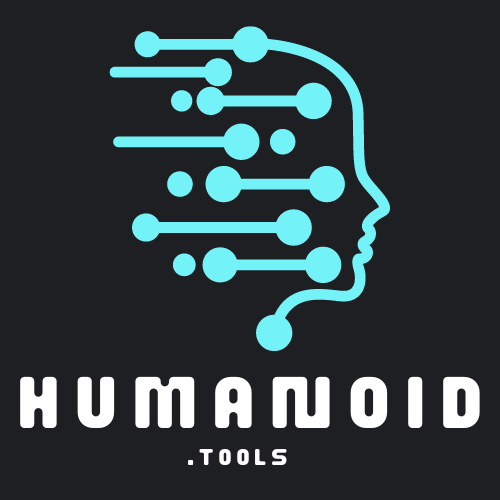Artificial intelligence (AI) has emerged as a game-changer in virtually every industry, and human resources (HR) is no exception.
As a domain that relies heavily on data and analysis, HR is uniquely positioned to benefit from AI’s data-driven capabilities.
This article will explore the current and future roles of AI in human resources, focusing on the transformative impact of AI in talent acquisition, employee engagement, and HR analytics.
Talent Acquisition and Recruitment
AI has already revolutionized the way HR professionals handle recruitment and talent acquisition. Traditional hiring processes are often time-consuming and prone to bias, but AI-powered tools can help streamline the process and make it more efficient.
Candidate Screening
AI algorithms can analyze large volumes of candidate data, such as resumes and social media profiles, to quickly identify the best fits for open positions.
These tools can also reduce unconscious bias by focusing on objective qualifications rather than personal attributes.
Job Matching
AI systems can intelligently match candidates with suitable job openings based on their skills, experience, and preferences.
This not only helps organizations find the right talent but also improves employee retention by ensuring a better fit between the candidate and the role.
Interview Scheduling
AI-driven chatbots and virtual assistants can automate the scheduling of interviews, saving HR professionals valuable time and reducing the likelihood of scheduling conflicts.
Employee Engagement and Retention
AI’s potential in human resources extends beyond recruitment, playing a crucial role in employee engagement and retention.
Personalized Learning and Development
AI can analyze employee performance data to identify strengths, weaknesses, and areas for improvement.
By delivering personalized training recommendations, AI-powered systems can help employees grow professionally and achieve their career goals.
Sentiment Analysis
AI algorithms can analyze employee feedback and communication patterns to gauge overall sentiment and morale.
By identifying early warning signs of disengagement or dissatisfaction, HR teams can take proactive measures to address issues and improve workplace culture.
Workforce Planning
AI tools can predict employee turnover and identify skills gaps within an organization. This information enables HR teams to make data-driven decisions about hiring, training, and succession planning.
The Future of AI in Human Resources
The potential of AI in human resources is vast, and we can expect even more advanced applications in the coming years.
Intelligent Onboarding
AI-powered systems will be able to create customized onboarding plans for new hires, ensuring a smoother integration into the team and reducing the time it takes for them to become productive.
Enhanced Diversity and Inclusion
AI-driven tools can help organizations improve diversity and inclusion by identifying and mitigating bias in recruitment, promotions, and performance evaluations.
Predictive Analytics
Advanced AI algorithms will allow HR professionals to predict employee behavior, such as the likelihood of a top performer leaving the company or the potential of a new hire to excel in their role.
These insights will enable HR teams to make strategic decisions and optimize workforce management.
Conclusion
AI has already begun to transform the human resources landscape, streamlining recruitment and talent acquisition, enhancing employee engagement and retention, and providing valuable HR analytics.
As AI technology continues to advance, its role in HR will expand, offering new possibilities for personalization, workforce optimization, and strategic decision-making.
Embracing AI’s potential will be essential for HR professionals who want to stay ahead of the curve and foster a dynamic, high-performing workforce.
English bloke in Bangkok. First used GPT-3 in 2020 and has generated millions of words with it since. Not really much of an achievement but at least it demonstrates a smidgen of authority. Studies natural language processing, Python and Thai in his spare time.
